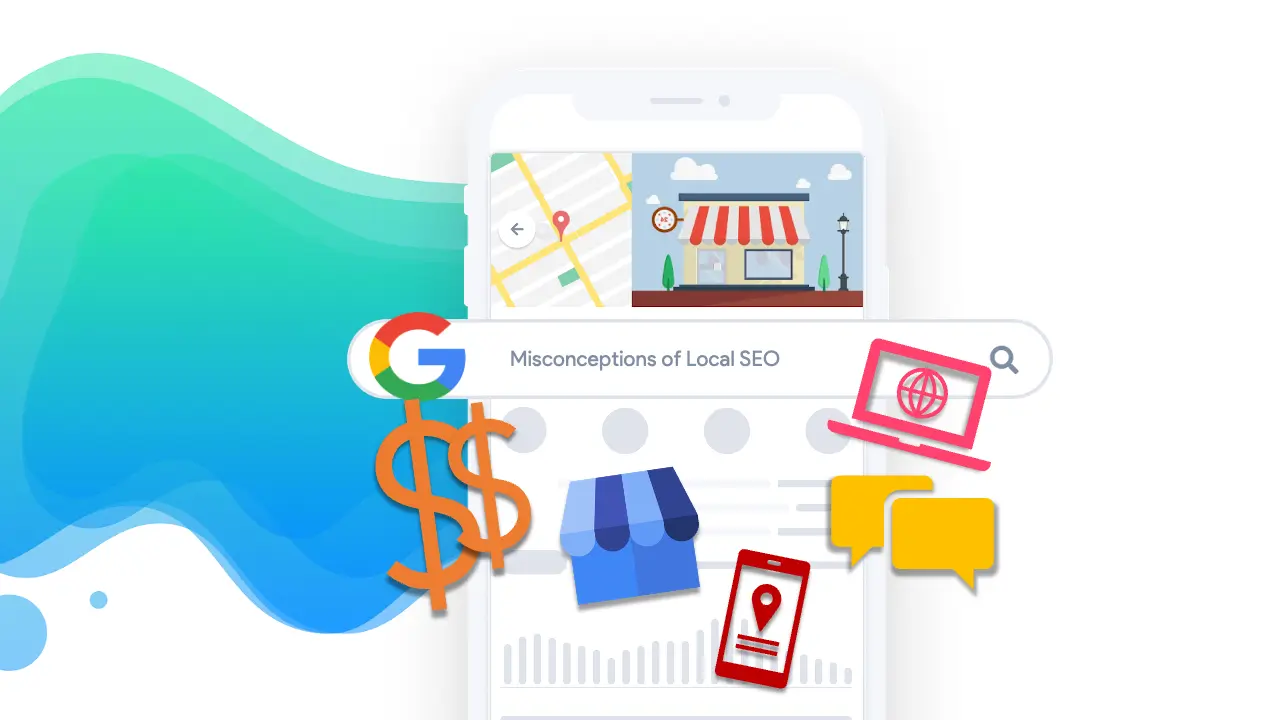Local SEO
Off-page SEO is one of the most difficult parts of digital marketing. It can feel like there are more ways to get it wrong than to do it right. Somewhere between the advice to “do this, not that” are useful approaches for promoting websites that won’t give cause to looking over one’s shoulder. Off-page SEO traditionally means acquiring links. And, because links continue to be an important ranking factor, off-page SEO is an important part of SEO.

The SEO advice provided by Google rarely discusses off-page SEO, except in the context of guidelines on what not to do. Approached realistically and with the clear eyes of a pragmatist, it’s possible to navigate an off-page SEO strategy that keeps within the narrow boundaries defined by Google – and makes more money.
Local SEO Tips

- 1. Optimize for Google My Business.
- 2. Engage on social media and add posts to Google My Business.
- 3. Ensure your name, address, and phone number are consistent online.
- 4. Optimize online directories and citations.
- 5. Perform a local SEO audit.
- 6. Improve your internal linking structure.
- 7. Optimize URL, title tags, headers, meta description, and content.
- 8. Add location pages to your website.
- 9. Create local content.
Why Local Search Is Important ?
- 1. According to Google, 76% of people who conduct a local search on their smartphone visit a business within 24 hours, and 2 8% of those searches result in a purchase.
- 2. 30% of all searches it processes are related to location, also according to Google.
- 3. 61% of consumers said in a recent local search survey that they search locally every day.
- 4. A recent local SEO survey found that 82% of consumers read online reviews for businesses during a local search and spend close to 14 minutes doing so before making a decision.
- 5. 86% of people rely on Google Maps to find the location of a business.
- 6. Yelp appears in the top five search results for SMB searches 92% of the time.
- 7. Worldwide, 74% of in-store shoppers who performed their search before physically arriving at the store said they searched for things like [closest store near them], [locations], [in stock near them], and other types of hyperlocal information.
- 8. More than half of Internet users worldwide use a mobile device for their local searches.
- 9. 83% of searchers use Google Search to learn more about nearby businesses; 55% use Google Maps, 44% Apple Maps, 39% turn to Yahoo, and 31% choose bing.
